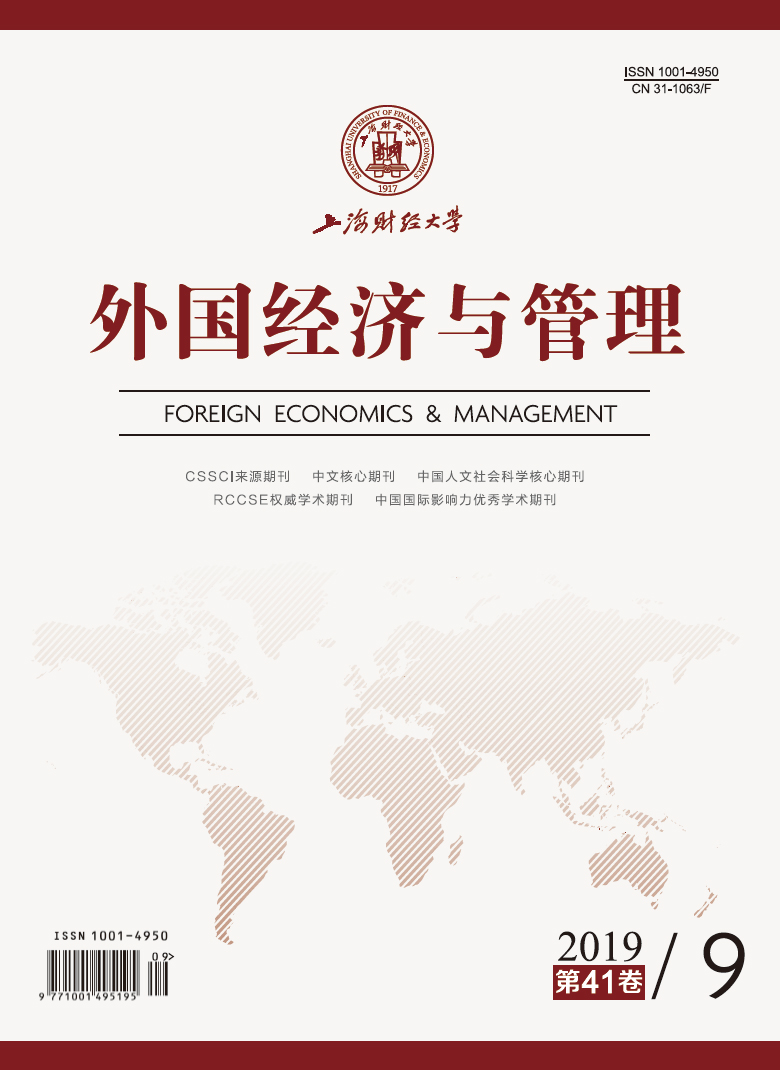This paper investigates the impacts of managers’ military experience on corporate risk-taking by adopting a sample of listed companies from 2004 to 2014, and examines the role of governmental intervention, MBA education experience of managers and industry. The results suggest that managers’ military experience may lead to more conservative but not aggressive corporate behaviors, like decreasing corporate risk-taking significantly, in particular for private firms. For firms located in regions with more severe intervention, the role of managers’ military experience on weakening corporate risk-taking is greater. Moreover, managers’ military experience may substitute the role of MBA education experience as for decreasing corporate risk-taking, that is, the effect is more significant when managers has no MBA education experience. For firms in non-regulated industry, the decreasing effect is more remarkable as for managers’ military experience on corporate risk-taking.
This paper provides an alternative explanation for the effects of managers’ military experience on corporate behaviors or governance from the view of corporate risk-taking, which is good for understanding the real effects of managers’ military experience. Compared with the existing literature, the greatest contribution of this paper is to put forward different explanations from the perspective of risk-taking. According to the limited literature in China, military executives prefer risks and are more radical in financing. The research in this paper shows that the stock returns of the companies in which managers of military experience have less volatility, that is, the level of corporate risk-taking is lower. This means that explaining the impact of military experience on the management style and corporate decision-making needs more rigorous evidence from the perspective of making executives more radical and risk-prone. Based on the research conclusions, this paper can provide practical reference for executive selection and human resource management.





 , 1
, 1 10726
10726  7014
7014

